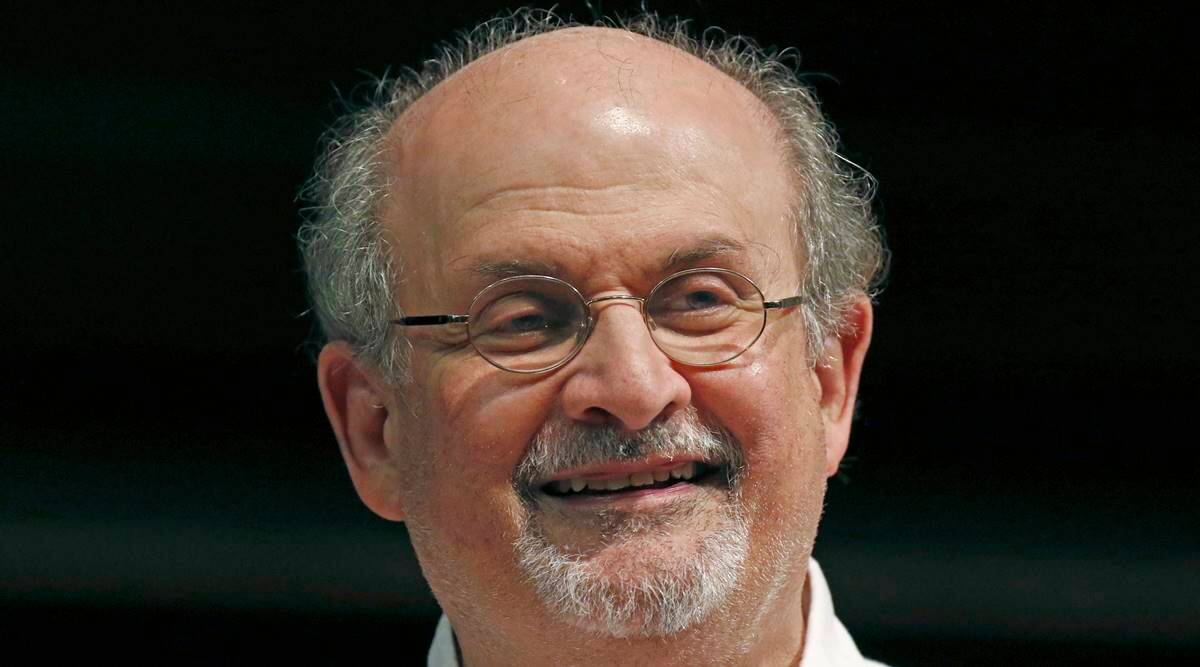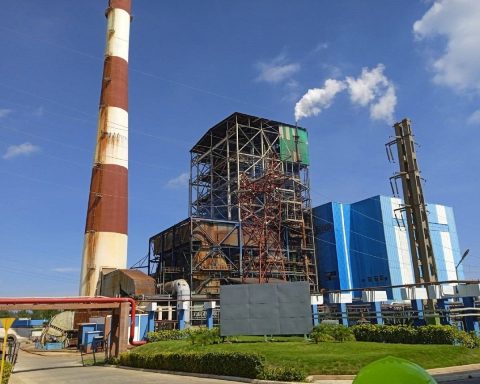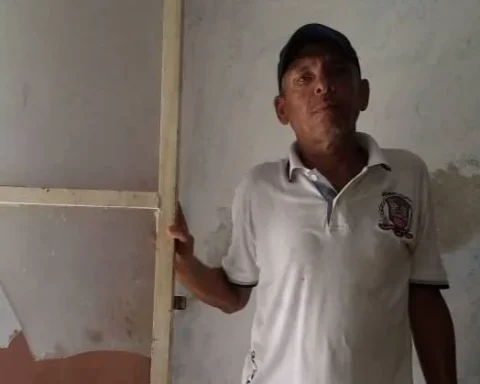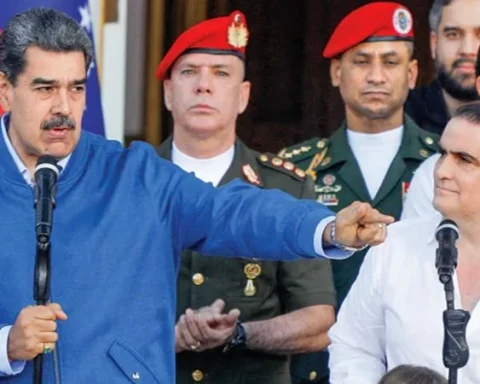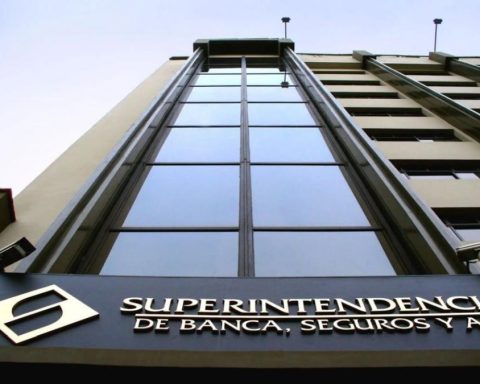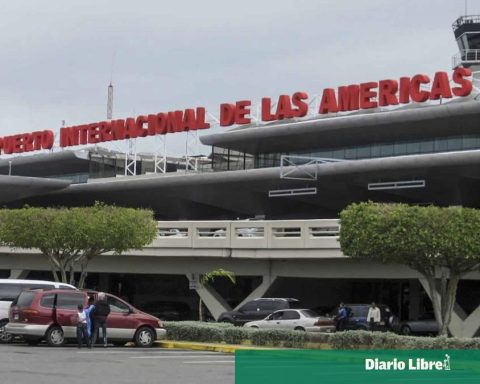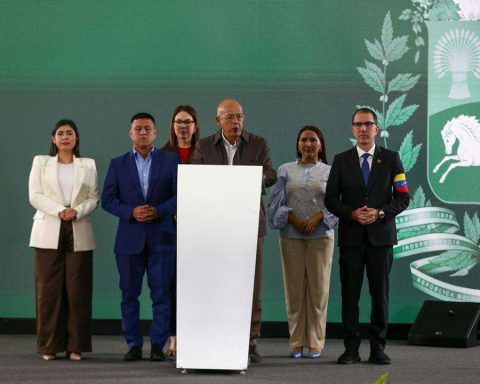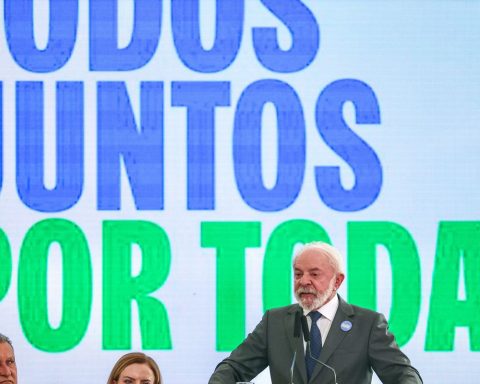After three days of silence, Iran today “categorically” denied any link to the aggressor who stabbed writer Salman Rushdie last Friday, author of the novel the satanic verses
The attack occurred 33 years after the fatwa Ayatollah Ruhollah Khomeini sentenced him to death.
“We categorically deny” any relationship between the aggressor and Iran, said Naser Kanani, a spokesman for the Foreign Ministry. “No one has the right to accuse the Islamic Republic.”
“In this attack, only Rushdie and his supporters deserve to be blamed and even condemned,” Kanani stressed during a news conference in Tehran.
“The anger displayed at the time was not limited to Iran and the Islamic Republic. Millions of people in Arab, Muslim and non-Muslim countries reacted with anger” to Salman Rushdie’s work, Iran’s spokesman recalled on Monday.
“By insulting the holy issues of Islam and crossing the red lines of more than 1.5 billion Muslims and all followers of divine religions, Salman Rushdie exposed himself to the wrath and rage of the people,” he said.
Hospitalized with serious injuries, the writer is improving, according to his relatives. He is no longer on artificial respiration and has begun his recovery process, his literary agent Andrew Wylie said.
The alleged assailant, Hadi Matar, is a 24-year-old Lebanese American who has been charged with “attempted murder and assault.”
Matar has pleaded not guilty to the charges.
